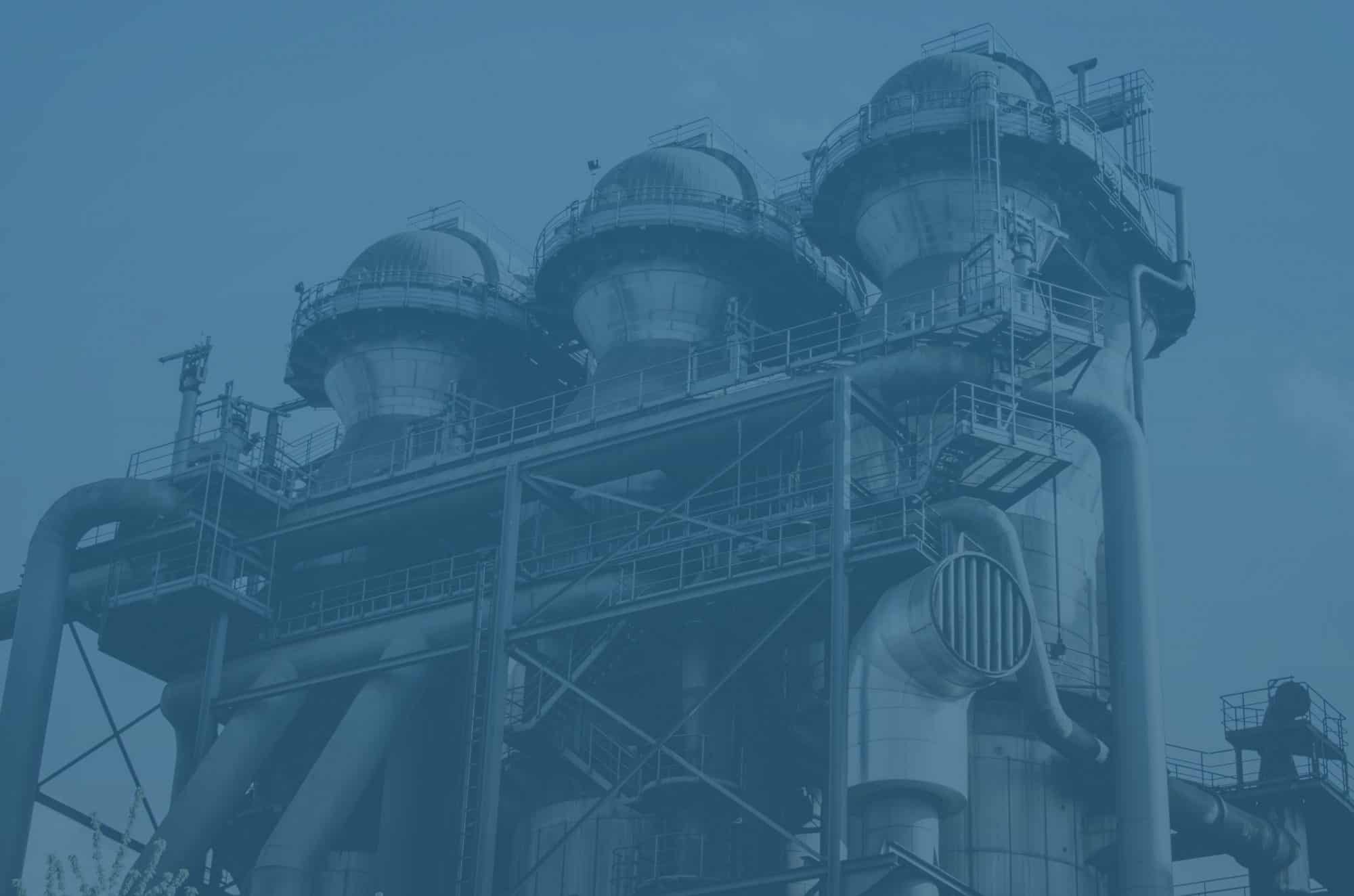Industrial operations tend to be noisy by nature. This is true whether it is heavy engineering, mining, or even food production. Businesses need to look at sound levels to make sure they are not putting people in harm’s way. They also need to account for the environment. An analysis of the facility may find that industrial noise reduction is necessary to increase safety and performance.
Vibrating
Often the issue with noise is due to vibrations. This is common with things like fans, compressors, motors, and exhausts. Issues can be worse if there is vibration through ducts, solid structures, and equipment housing.
A number of common noises are an example of vibration. For example, tyres rolling over a rough pavement or road vibrate and cause traffic noise. The rattling sound as a train goes by is generally vibration between the rails and wheels. Even something as simple as tapping a wall will create a noise due to the vibration of the surface.
In industrial settings vibration of machine frames and structural steelwork can cause a lot of noise. It can be hazardous to people, as high vibrations can enhance the sound. If people spend time in close proximity to the vibrating elements, they are at serious risk of hearing damage. This is especially true when it is high frequency vibration. You can see that often with small motors and compressors.
What to do?
There are a number of strategies you can use here to tackle vibration and achieve industrial noise reduction. Firstly is to modify the equipment. What you can do is look to dampen the high frequency vibration in the frame or housing. You can use engineering solutions to get fantastic results. This will be highly efficient as you will be tackling the source of the noise.
If high frequency noise is happening because of the vibrations of wall membranes, you can try two things. One is to introduce a second wall near the existing surface. This can help to dampen the sounds that will travel through to the other side because they will need to pass through two layers. Alternatively, you can choose wall materials that are more substantial as heavier materials won’t vibrate as much and dampen it.
Another thing you can do is look at the RPM of your equipment. If you have a small motor and run it at a high RPM, it will produce more vibrations and noise. However, a larger model running at a lower RPM can be quieter. You may want to look at your equipment to see if reducing the RPM or getting a bigger unit will help.
Talk to us about industrial noise reduction
Ventx has a wealth of experience with this kind of noise. In fact, we have clients in all manner of noisy industries, from oil and gas to heavy goods manufacturing. We work to help them address the issue to stop sound becoming a major hazard to people and the environment. Plus, we play a part in ensuring operations can be more efficient.
So, if you would like help with industrial noise reduction, please contact us. We can provide all kinds of useful products, including a suite of silencers to suit different sources.









